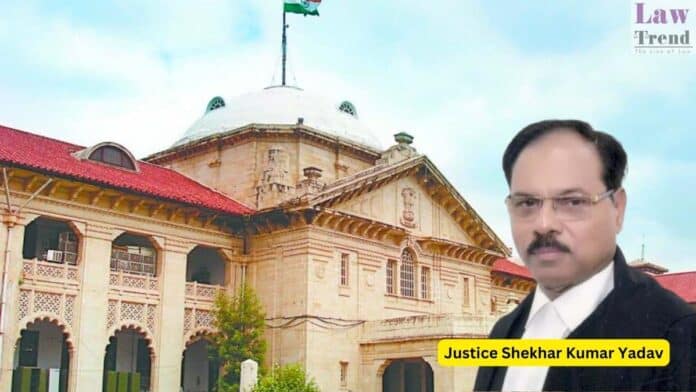The Allahabad High Court has ruled that criminal proceedings under the Scheduled Castes and the Scheduled Tribes (Prevention of Atrocities) Act, 1989, can be quashed on the basis of a compromise if the offense is primarily private in nature and not committed on account of the victim’s caste. While allowing the appeal filed by Rahul
To Read More Please Subscribe to VIP Membership for Unlimited Access to All the Articles, Download Available Copies of Judgments/Order, Acess to Central/State Bare Acts, Advertisement Free Content, Access to More than 4000 Legal Drafts( Readymade Editable Formats of Suits, Petitions, Writs, Legal Notices, Divorce Petitions, 138 Notices, Bail Applications etc.) in Hindi and English.




